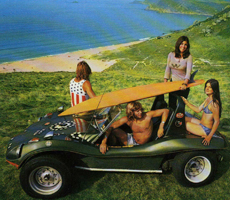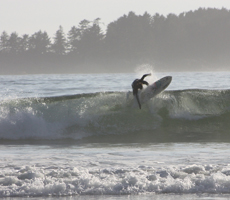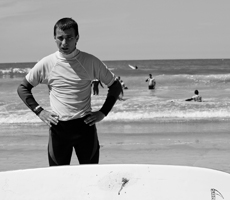Onwards to Galicia
 Over a week and probably 1,000 miles have passed since my last rambling, time which has seen Spain, my first published piece in the Guardian and my birthday come and go. After Zarautz we swung by San Sebastian to find it was (pretty much) closed for winter; then we hoofed it across the top of Spain, speeding by Mundaka, Rodiles and other world-class waves as the drizzle descended, taking the swell with it.
Over a week and probably 1,000 miles have passed since my last rambling, time which has seen Spain, my first published piece in the Guardian and my birthday come and go. After Zarautz we swung by San Sebastian to find it was (pretty much) closed for winter; then we hoofed it across the top of Spain, speeding by Mundaka, Rodiles and other world-class waves as the drizzle descended, taking the swell with it.
Overnighting in a damp Tapia de Casariego, we crossed into the wilder Atlantic outpost of Galicia, a land more soulful for the lack of European Union ‘cleansing’ funding which has apparently over-sanitised northern Spain into a land of new-build bungalows and grandiose-yet-empty motorways and viaducts.
The rugged, ragged northern coastline was gratifyingly reminiscent of those other Celtic bastions, Cornwall and Brittany, similarly ravaged as they are by the North Atlantic Ocean. We settled in a bay near the village of Pantin for a couple of cloudless days, surfing the amazingly clear waters, lush with seaweed so green you could almost hear it singing the joys of life, and spending the evenings in a secluded, almost separate section of beach at the eastern end watching the sun set whilst drinking wine and plotting the next chapters of our lives. On the third day the swell rose with the wind, closing out across the bay with sonic booms that shook the very suspension of our Neil, so we pushed on further to the highly recommended Razo, further west.
The expanse of open beach didn’t take kindly to the north-easterly wind and the town’s caretaker had already locked up for the season so we carried on to Galicia’s west coast, heading for a secret camp-spot. As evening approached a Mediterranean mirage literally stopped us in our tracks; we wandered down through pine trees to a soft white-sand beach lapped by a turquoise sea. This gentle landscape seemed incongruous to our rugged Atlantic-coast journey and provided welcome respite.
This coastline is riven with fjord-like Rias, the interiors of which are protected from the harsher ocean-borne elements. As we drove south the following day, hugging the coast, rounding the headland marking the entrance to Ria de Muros y Noia brought us back to an Atlantic coastline and those all-important waves. The dropping swell left waves with enough punch to still be fun, and I shared the squeaky clean Galician waters with a pod of 30 or 40 dolphins racing, leaping and gamboling down the long Praia Furnas, to the delight of the much smaller pod of surfers.
Driving back from the Atlantic to the Med we found our dingly dell, a small pine-wood bound clearing behind the dunes on an empty, but alas unsurfable, white-sand beach. The next morning, my birthday, we arrived early at Noia market and enjoyed the hubbub of buying freshly caught red mullet, squid and prawns, and local sweet delicacies from the bakery, before spending a long, languid, sunny day in the privacy of our glade decorating our camp and preparing a bonfire-fueled feast atop the dunes. As much pleasure was gained in the preparation as the event; the drunken, gluttonous sunset revelry that resulted aptly concluded a truly magical day. Thank-you Sofie.
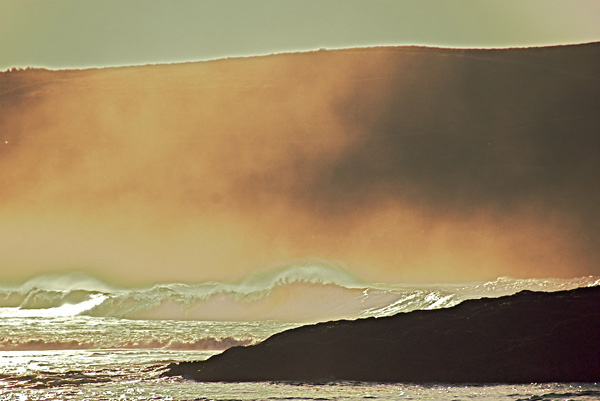
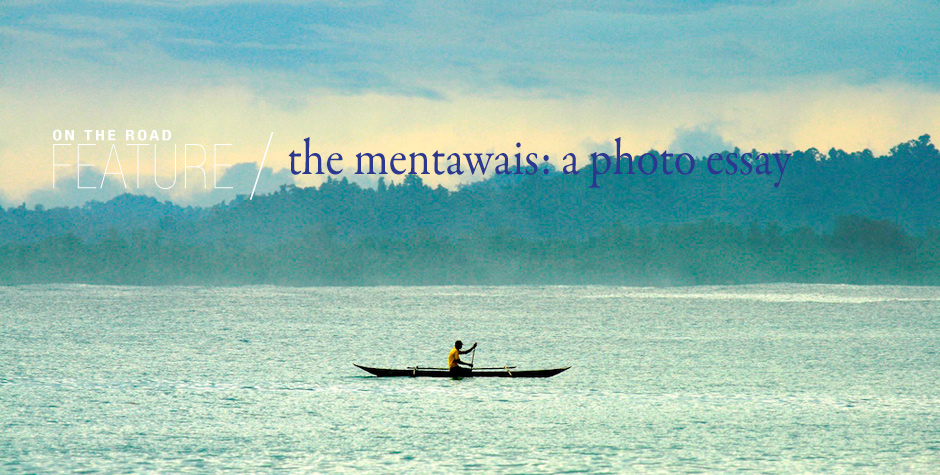
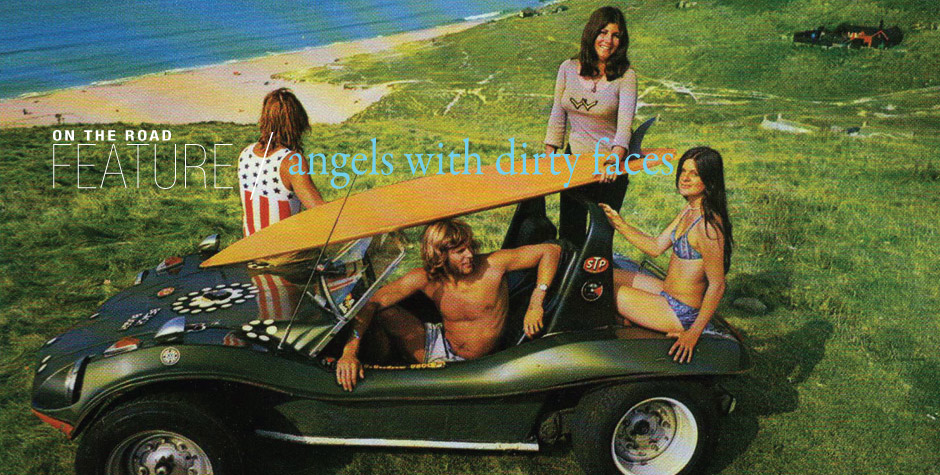
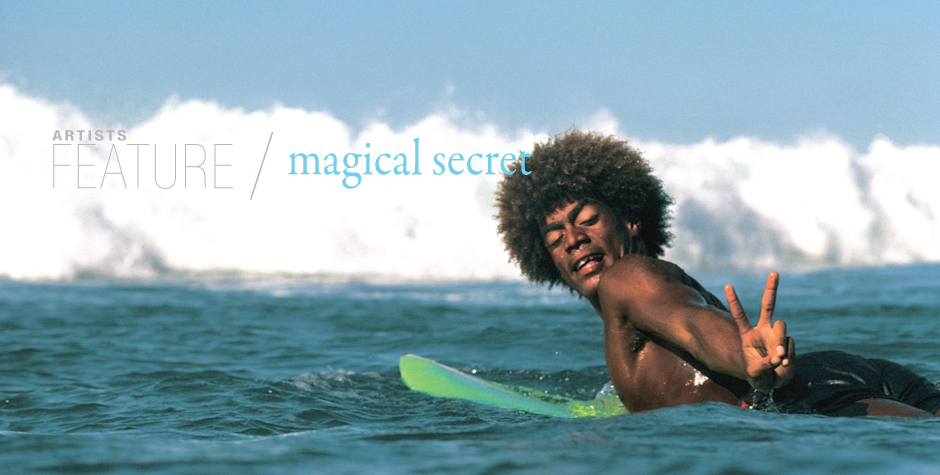
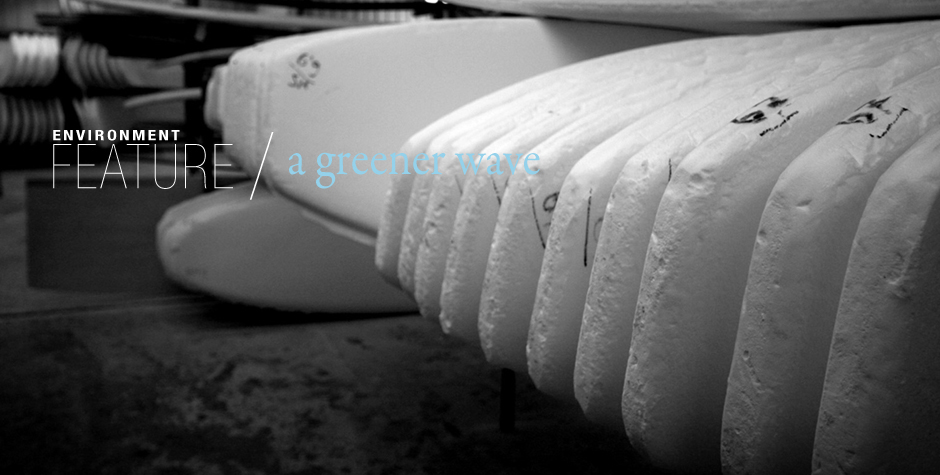

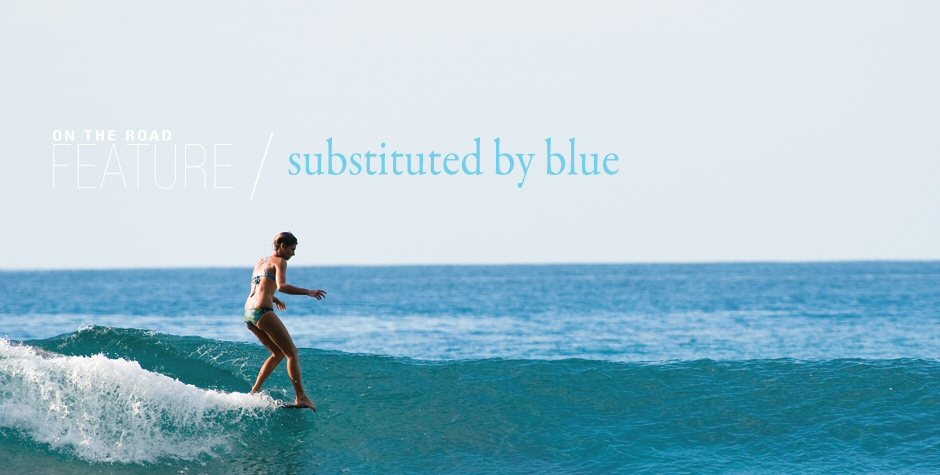
 Discuss
Discuss
